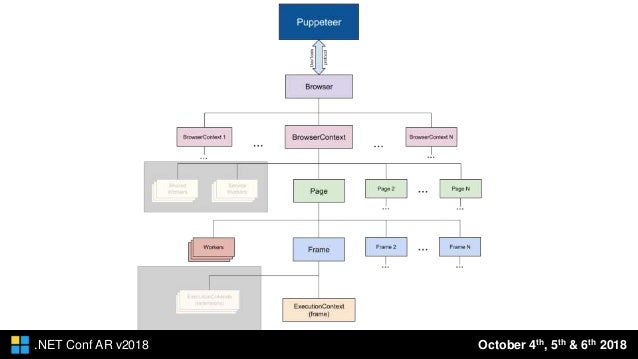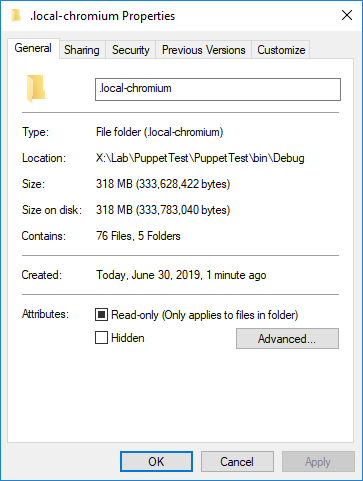
Integrating Puppeteer with proxies can be accomplished in several ways. Puppeteer can also be used for data scraping. A user simply writes Javascript code using their preferred IDE, leveraging the Puppeteer library.

Unlike Selenium, Puppeteer does not have a purpose-built Integrated Development Environment (IDE) to write test scripts and manage test suites. Puppeteer is used for screenshot testing, performance testing, web scraping, and automation.

The Puppeteer community has 414 contributors and over 200,000 users. The latest release, Puppeteer 13.6.0, was released on April 20, 2022. Puppeteer v1.0.0 was released on January 11, 2018, and since then it has had 89 releases. Puppeteer was written by a team at Google, who have unmatched access to the internals of the Chrome browser. Puppeteer is a remote control library for Chrome, while Selenium is a complete browser application testing solution.

While Selenium supports many browsers and languages, Puppeteer focuses exclusively on Chrome, Chromium, and Javascript. This technology is designed to provide a high-level application programming interface to control headless Chrome over the DevTools Protocol. Google Puppeteer is a Node.js library and browser testing framework.


 0 kommentar(er)
0 kommentar(er)
